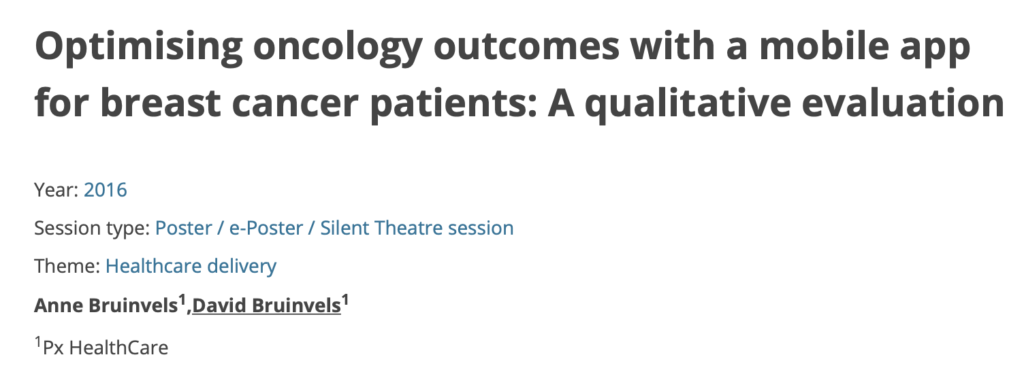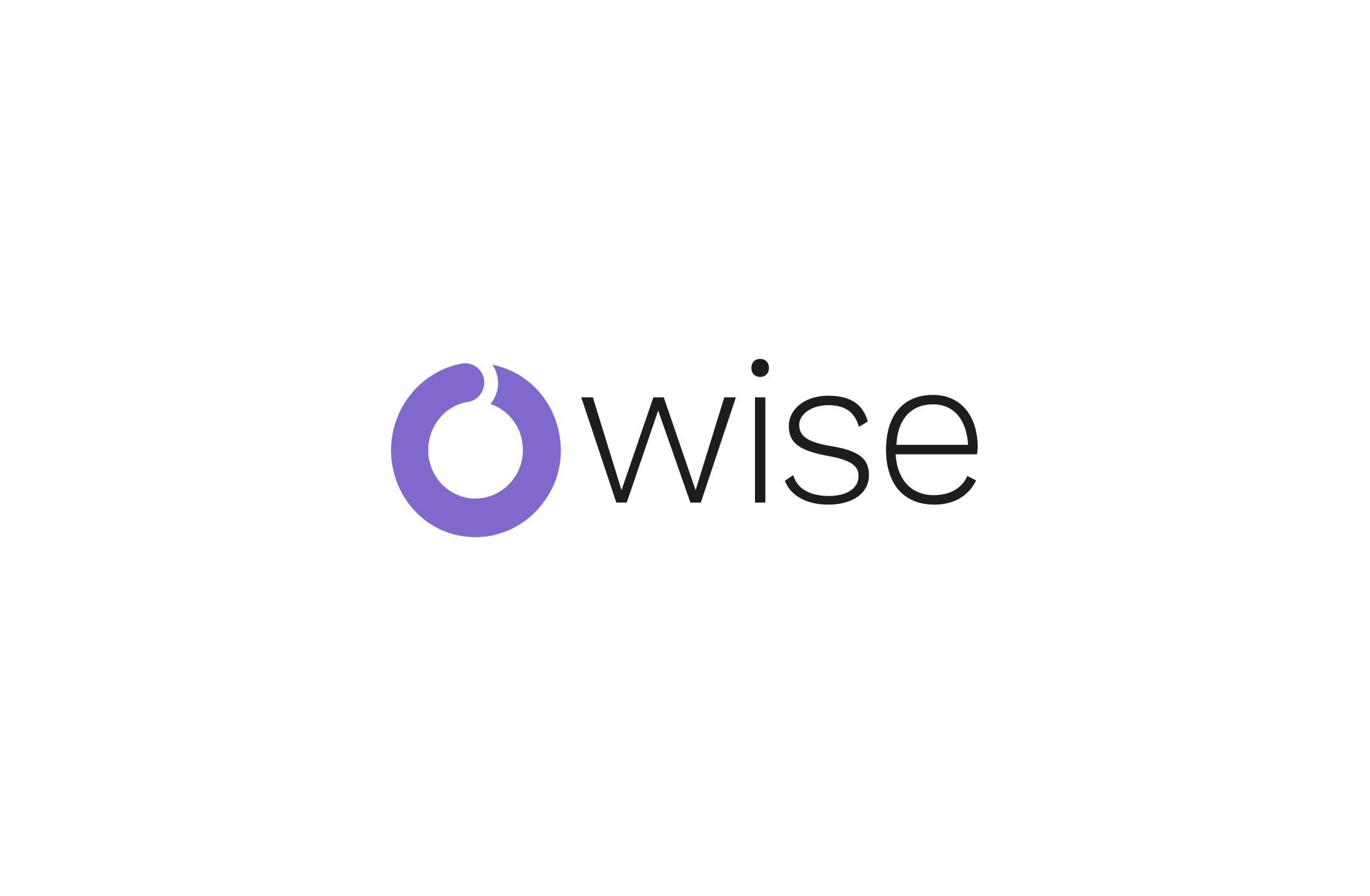
Abstract
Background: As mobile apps have drastically changed the way we live our daily lives, the use of health apps in clinical practice is being actively discussed. The theory is that these apps will revolutionise healthcare, but what impact do they really make? In this Dutch study the experiences of patients and healthcare providers, such as nurses and physicians, with a breast cancer app were evaluated.
Method: A six-month prospective cohort study at the University Medical Center Utrecht. The app used was OWise breast cancer, a supportive app for breast cancer patients (see www.owise.net/us). OWise could be used on smart phones, tablets and PCs.
Results: 15 patients and 10 healthcare providers participated in the study. 80% of the patients used the app as a source of information. 92% considered this a useful addition to general information. 100% used the app to make secure recordings of clinical consultations. Tracking quality of life, symptoms and side effects (Patient Reported Outcomes – PROs) was used by 53%. Overall, 93% of patients would advise the app to other patients. In addition, 90% of healthcare providers considered the app as a valuable addition to usual care. They were very positive regarding the secure recordings, because they could not be shared through the internet or social media. They also reported that the app did not increase consultation time.
Conclusions: This evaluation of a supportive oncology app shows positive experiences among patients and their healthcare providers. In addition, this study shows that a limited scientific evaluation of an app is feasible and should be considered standard policy before introducing an app to health care.
